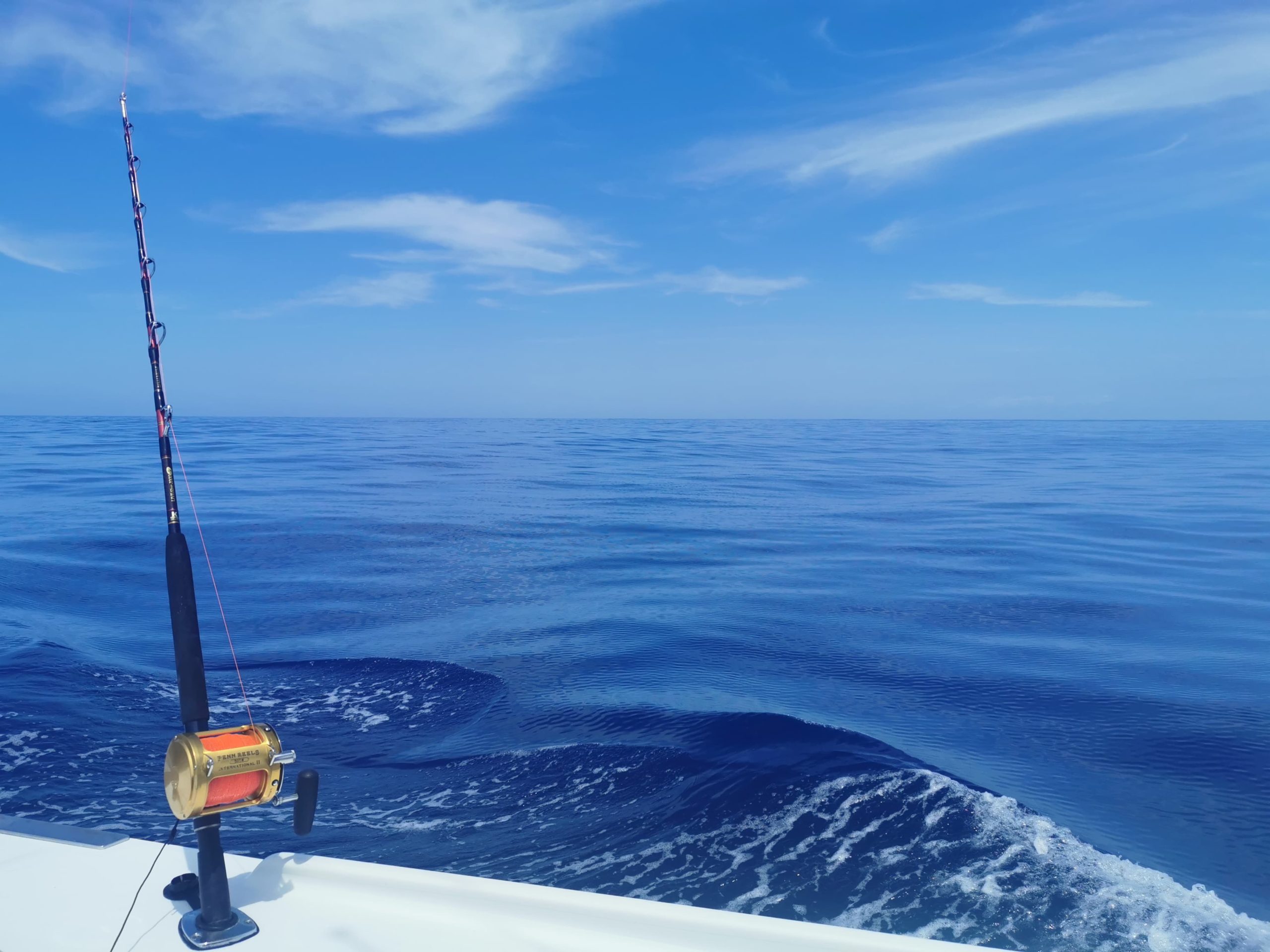Fisheries Management FAQs
All FAQs |
Customary Fisheries | Fisheries Management | maximum sustainable yield | QMS | Economics | Fishing | Rescue Fish | Environment | Fishing methods | Recreational Fishing | Fishcare | customary | Kahawai | Reform scam | Baitfish
June 26, 2025
Twice a year in April and October, Fisheries NZ changes the management for various fish stocks across the country. Before they make any changes Fisheries NZ issues a proposal paper and asks for submissions from interested parties, including the public, fishers, Māori interests and environmental interests. Everyone has to respond by a set deadline. These ... Read more.
June 26, 2025
Fisheries New Zealand undertakes scientific stock assessments throughout the year for various fish stocks. Depending on what this shows, Fisheries NZ prioritises what fish stocks need to be reviewed and proposes various actions the Minister for Oceans and Fisheries may want to take to ensure sustainability. For example, If the assessment shows that abundance is ... Read more.
June 26, 2025
No, it depends on your definition of “sustainable”. Under the Quota Management System the stocks that get the most attention are usually the ones that are important to commercial interests. That means most effort is directed to delivering proposals that increase commercial catch limits, or churning out science that supports the maintenance of existing catch ... Read more.
June 19, 2025
Some of the most common species targeted by inshore bottom trawlers includes snapper, gurnard, tarakihi and john dory. The non-targeted lower value species, commonly referred to as ‘bycatch’ can include spiny dogfish, seafloor dwelling organisms, molluscs, occasionally dolphins and various other species. It’s important to note that targeted and unwanted species caught by bottom trawlers ... Read more.
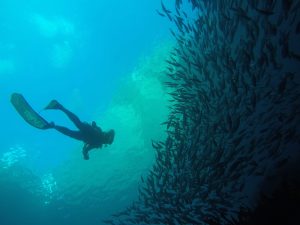 October 5, 2023
B50 is precautionary management Given the challenges of climate change, poor stock estimates and critical Court judgements, delivering on the promise of precautionary management means investing in a change to restore fish abundance, biodiversity, and ecosystem function. Having a management target of B50 is a start to achieving restored abundance for the benefit of all ... Read more.
October 5, 2023
B50 is precautionary management Given the challenges of climate change, poor stock estimates and critical Court judgements, delivering on the promise of precautionary management means investing in a change to restore fish abundance, biodiversity, and ecosystem function. Having a management target of B50 is a start to achieving restored abundance for the benefit of all ... Read more.
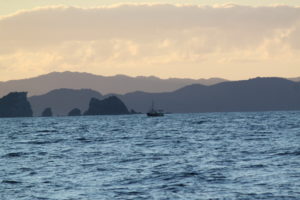 July 24, 2021
B50 means a more resilient ocean through more fish and increased biodiversity. More fish in the water means fish stocks have well-balanced age structures in their populations and a more productive marine ecosystem that can support other creatures such as marine mammals, seabirds, and sharks. In measuring fish population size for a fish stock, Fisheries ... Read more.
July 24, 2021
B50 means a more resilient ocean through more fish and increased biodiversity. More fish in the water means fish stocks have well-balanced age structures in their populations and a more productive marine ecosystem that can support other creatures such as marine mammals, seabirds, and sharks. In measuring fish population size for a fish stock, Fisheries ... Read more.
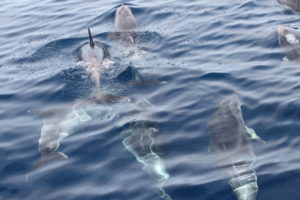 July 24, 2021
B50 can be further explained as fish population sizes should be at a minimum at 50% of the size that the original fish population was, before large-scale fishing began. B50 means more fish in New Zealand waters. More fish means more biodiversity through increased fish abundance. More biodiversity creates ecological resilience to fight environmental issues ... Read more.
July 24, 2021
B50 can be further explained as fish population sizes should be at a minimum at 50% of the size that the original fish population was, before large-scale fishing began. B50 means more fish in New Zealand waters. More fish means more biodiversity through increased fish abundance. More biodiversity creates ecological resilience to fight environmental issues ... Read more.
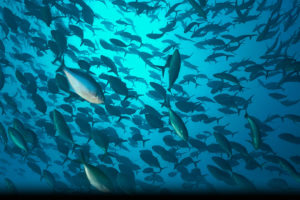 July 24, 2021
B50 describes a fish population at 50% of its estimated original stock size (biomass). Biomass is an estimate of the total quantity of fish in a given area. If a fish stock is estimated to be at B50 that means that there is around half the amount of fish in a given area compared to ... Read more.
July 24, 2021
New Zealand uses different biomass levels to measure stock status when carrying out a fish stock assessment. Two biomass levels are used, the spawning stock biomass, and the initial biomass (B0).The spawning stock biomass and the initial biomass are compared as a percentage to indicate overall fish stock status. The spawning stock biomass is the ... Read more.
July 24, 2021
B50 describes a fish population at 50% of its estimated original stock size (biomass). Biomass is an estimate of the total quantity of fish in a given area. If a fish stock is estimated to be at B50 that means that there is around half the amount of fish in a given area compared to ... Read more.
July 24, 2021
New Zealand uses different biomass levels to measure stock status when carrying out a fish stock assessment. Two biomass levels are used, the spawning stock biomass, and the initial biomass (B0).The spawning stock biomass and the initial biomass are compared as a percentage to indicate overall fish stock status. The spawning stock biomass is the ... Read more.
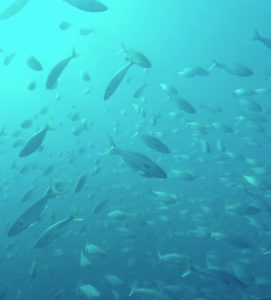 July 24, 2021
In fisheries, biomass is an estimate of the total quantity of fish in a given area. Biomass can be expressed in different ways, depending on what you are trying to measure. For example, biomass can be an estimate of the number of fish able to breed, or biomass can be expressed as the estimated ... Read more.
July 24, 2021
In fisheries, biomass is an estimate of the total quantity of fish in a given area. Biomass can be expressed in different ways, depending on what you are trying to measure. For example, biomass can be an estimate of the number of fish able to breed, or biomass can be expressed as the estimated ... Read more.





